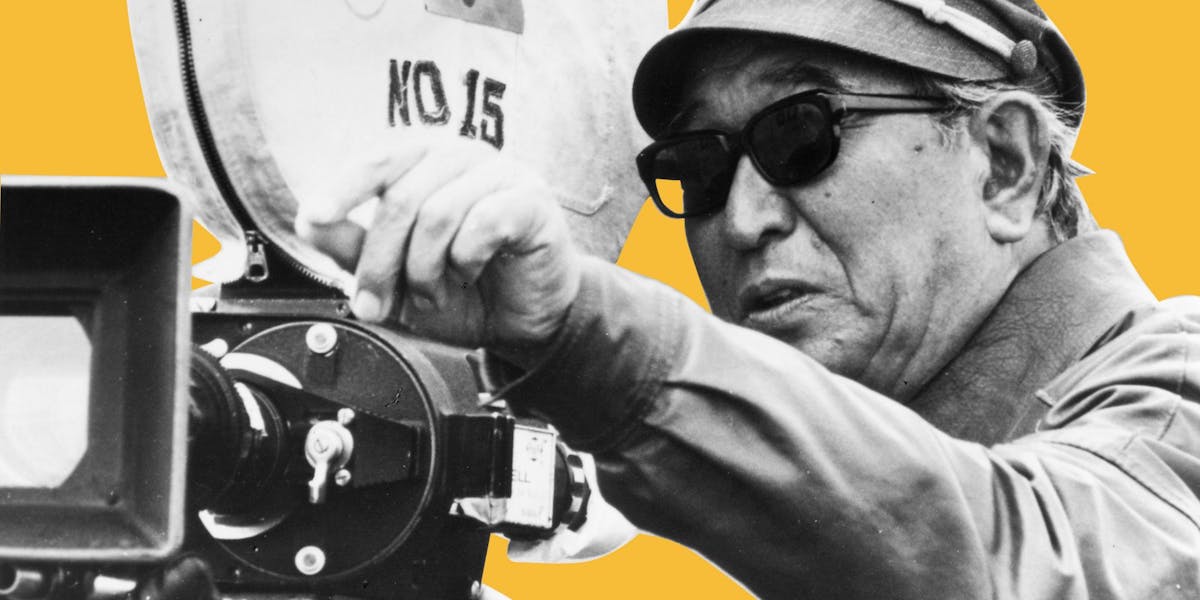
Author
Amuthan M
Amuthan shows great interest towards post-modern story narration and loves analysing and writing about them. He is persistently trying to understand the minds of creators of arts and how they construct the society.

“Film is the art of making man ethical”
-Francis Ford Coppola
After watching some movies, I tell myself, “This is great” and it created a question “What makes a movie a great one?”. A good movie should preface particular idea in one’s brain and build a debate among the audience. The arguments might be about “Which is fair and which is unfair?”. In story writing terms this is called “Moral-balancing”. In a perfectly crafted story, this term should be applied for all characters at the ending. Sometimes it may create chaos among the audience. This idea may seem like a vintage method, but it is not easy as we think. Now it is evaluated by the post-modern storytellers. Let me explain this term via some movies.
First, let us look at the movie Nayagan, undoubtedly Maniratnam’s masterpiece. This is a very solid example for the power of morality. Did you ever ask yourself “Who is the antagonist of this story?”. The answer is no one. If you watch closely, you can see that self-morality is the villain. That is because most of the characters speak about justice from their own point of view. Velu was brought up by the two sub-plot characters who were his fathers in the movie. They believe in the same moral and that is “Naalu perukku nallathuna ethuvume thappilla” which is if the action benefits a group then it’s not wrong. This is the central theme of the movie. Kamal also holds up the same idea until the ending. He argues with his daughter and justifies himself as a good one. But in the end, his grandson asks if he is good or bad. But he doesn’t hold up the same idea and he replies that he doesn’t know. At this point Maniratnam leaves the plot without any clarifications.
As same as Nayagan let us look at Al Pacino’s “Scarface”. In one of the scenes, the mobster tells “I always speak the truth even when I lie” but he justifies himself as a true person. He never kills someone from behind and always follows his set of ethics. He makes his own- morality.
These movies convey the same point. That is “Self-morality”. But as per the classic conflict, the writers don’t allow to create subjective-morality, because it is one of the ethics of formalist storytelling. So they destroyed both the characters in the ending. Justice should be objective.

a scene from Mysskin’s “Yudham Sei”
Secondly, creators can create the multiple characters who deal with the same problem in different ways. Mysskin’s “Yudham Sei” proved this conflict through its flawless writing. Our protagonist played by Cheran was troubled by the dehumanized society. His sister was missing and injustice was served to an honest person. The society didn’t care. The same curves can be applied to the antagonist’s serial killer family. They also have humanity, but the sociey dumped them and killed their daughter. Considering both cases, they handled their problems with different approaches but at last our protagonist wins. Mysskin tries to create the attention towards morality and tells us that “Ethically wrong is wrong”.

The Joker from 'The Dark Knight'
When it comes to joker from Nolan’s Batman trilogy, it is hard to find what he wants to tell about morality. But when we get close to him, we can understand. He didn’t do these things not only for enjoyment but also he had some ideas. He thinks that human morality and social stability are not absolute, but depends on circumstances. He tells Batman that “People’s morals and their codes are a very bad joke. Morals are dropped at the first sign of trouble, they are only as good as the world allows them to be”.
His points make more sense than classical justice since it perfectly matches with our modern generation. You can think that the “Joker” is an old character and he must hold the classical ideas. But Nolan’s writing portray him as an anarchist psychiatric. (Anarchism is the philosophical term which opposes the moral of the government).
Well, I hope these points are enough to convey my thoughts on moral-balancing in stories. So until next time, stay connected!
DISCLAIMER: The opinions or views expressed are views of the individual writers and not of the institution. All forms of content published in this website and Student Journalist Council - GCT's social media handles are strictly properties of Student Journalist Council - GCT and are works of the various teams of the respective academic years.
No article, story or any form of content produced by Student Journalist Council - GCT is meant to be reproduced or distributed, either in parts or whole, without prior permission from Student Journalist Council - GCT for any purposes.